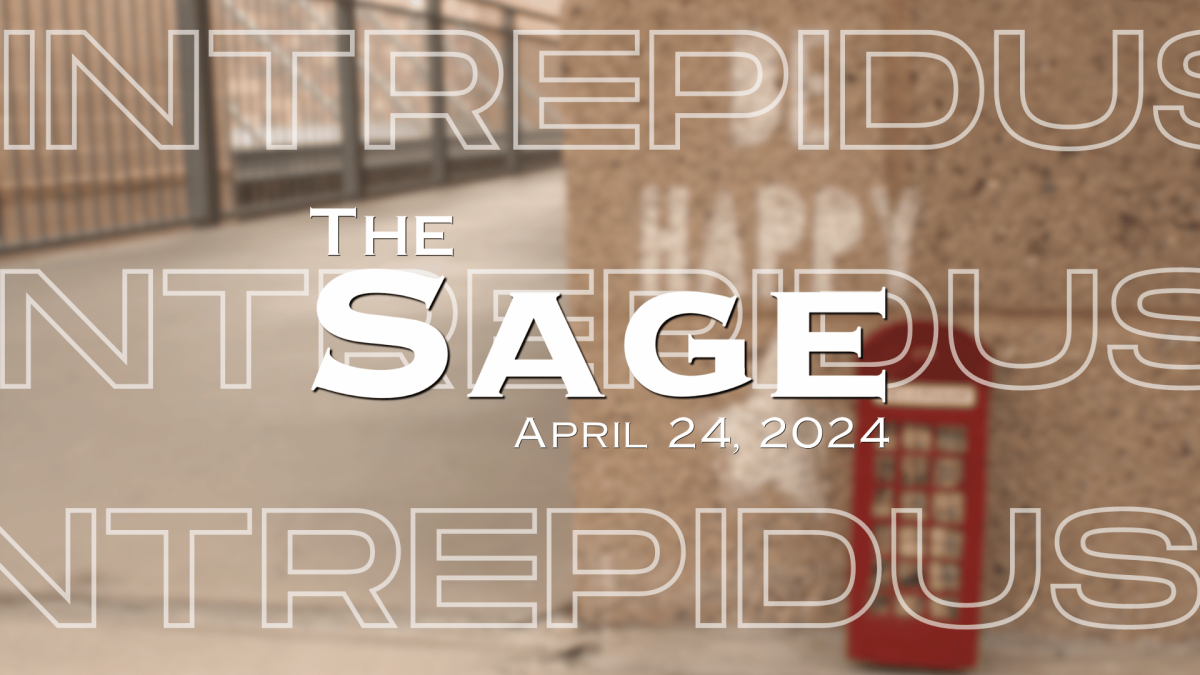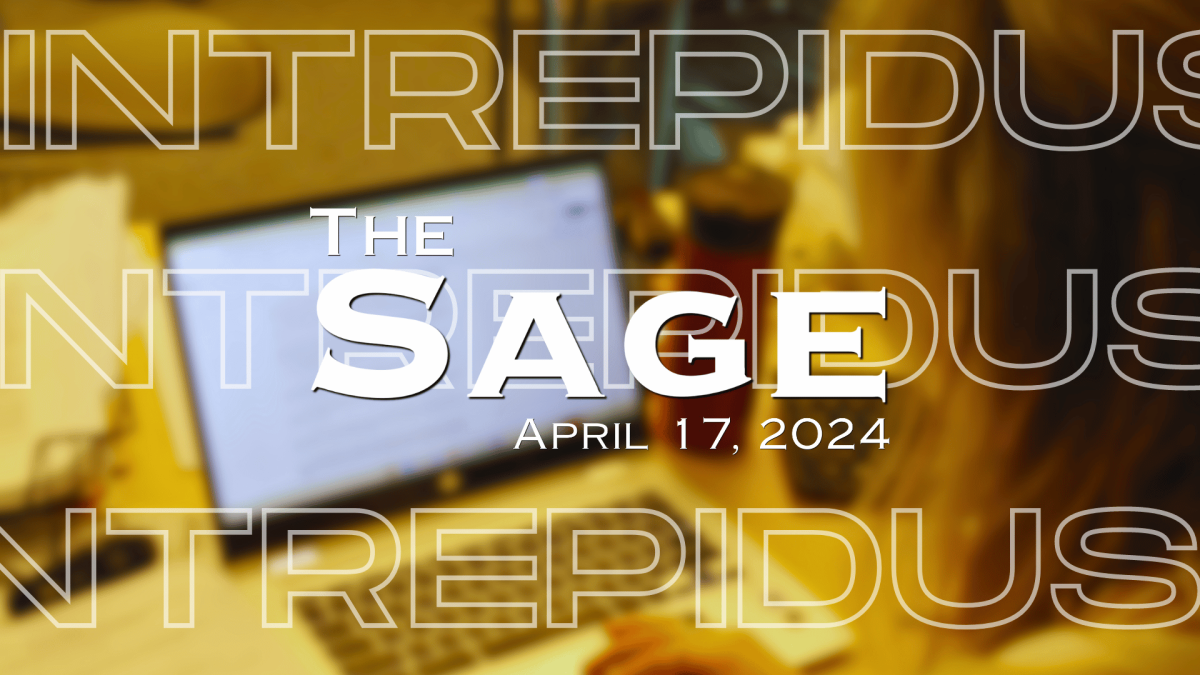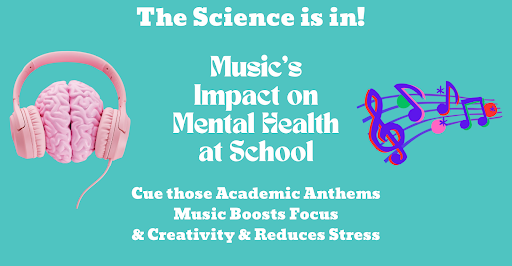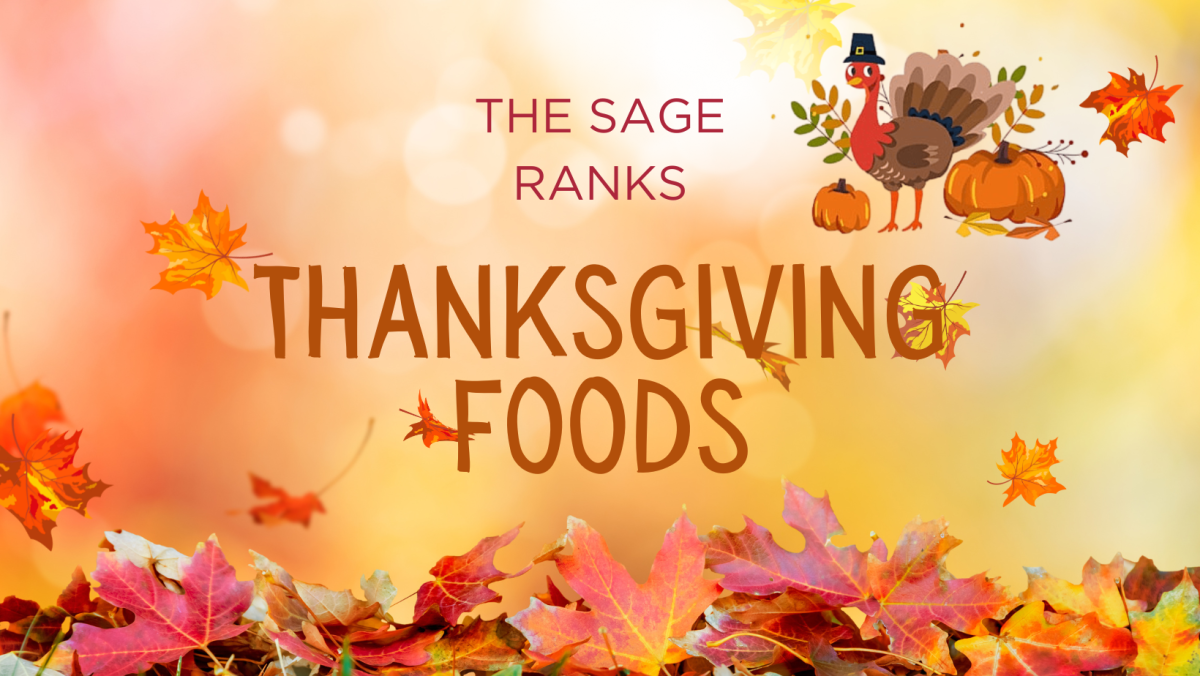Since the first heartbeats, music has significantly influenced humanity’s way of life. From instruments carved out of ivory, bones and brass, to everyday objects being powered by electricity and digital software, music has weaved its way throughout history and left a unique mark on people across cultures.
Music isn’t just a catchy set of lyrics, background beats or an orchestra tune, it can be the way you drum your fingers on the table, the way you nod your head, the way your feet pound on the pavement or even the way the leaves dance in the wind.
What if it could be proved scientifically that music improves mood, concentration and mental health? Could students have the opportunity to listen to music during class when there’s not a lesson being given? Would schools adopt it? Would teachers embrace it?
Music is arguably the most universally powerful force in the world. Songs change emotions back and forth on a dime. Music is capable of making someone’s day as well as ruining it. It comforts and heals those in need and professes deep love or gratitude.
Sage Creek drama teacher Jillian Porter finds music to have a prominent role in her life and be a reliable mood-setter. “I listen to music all the time, even driving to work. Songs provide focus and energy for me,” Porter said.
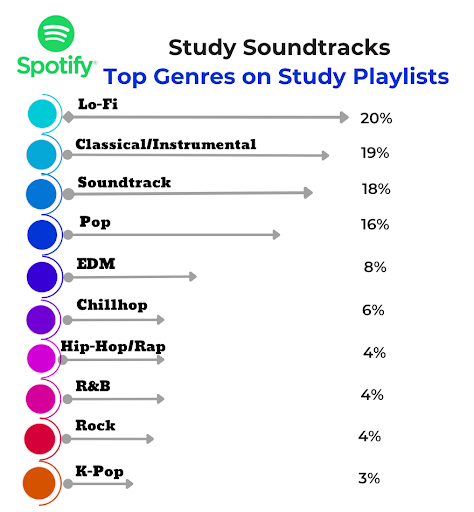
There’s nothing like the soundtrack that creates an epic dance party in listeners’ rooms. Whether it’s in light of acing a test, the fan’s crush texting them, or just because they’re up at 2 a.m. and found a song they haven’t heard since they were seven, music moves people. It can make you go from sobbing to singing in seconds. Music plays in the background while someone “dances in the fire” to temporarily escape their world which appears to be burning down around them.
Athletes hype themselves up to get in the zone before playing in a game by rocking out to a powerful rhythm. Phil Collins’ “In The Air Tonight” is known to summon the inner competitor and soul of athletes. According to The Denver Post, it’s the most listened-to song by NFL players.
Sage Creek Junior Asher Frankel has a ritual of listening to music including various playlists before a competition. “Music helps me focus and helps me relax when I am stressed out,” Frankel said. “I absolutely have playlists that help me get in the zone.”
Cueing up a favorite playlist can help work flow faster. Acting as the perfect study buddy, music has been proven to boost students’ grades by serving as a calming mechanism and time management tool.
According to Reachout, “Classical music is a winner at helping you focus. Music that has a tempo of 60 bpm (beats per minute) increases the efficiency of the brain in processing information. The best way to use it is to have it playing softly in the background as you get on with your tasks.” Music keeps overwhelm at a minimum and success at an all-time high.
When a student feels stuck and needs a nudge, a few beats of a favorite song is all it can take to help fingers dance across the keys of the Chromebook and carry the student farther through homework than they believed they were capable of.
As a student who benefits from music, Frankel said, “I wish they would let us listen to music in class. For a lot of us, it helps us focus on our work, and can calm us down if we are stressed out.”
According to Fox 13, “OnePoll, a market research company surveyed 2,000 Americans about their music and study habits. The results showed an overwhelming correlation between those who play music and higher GPAs.”
Additional findings noted that “58% of 18 to 25-year-olds said they listened to music while studying. In fact, two in three Americans listen to music while working. 80% of respondents said music had a therapeutic benefit. Three in four respondents said music helped them absorb more information.”
Instead of feeling defeated before the start of a mountain of work as tall as Mt. Kilimanjaro, music helps students find their footing and rallies them to “lose themselves in the music, the moment,” like Eminem. When you feel like homework makes you “waste the day and spend the night,” like Khalid and Normani, tortured by rubrics and Google Classroom, music motivates you and moves you forward.

Music helps promote creativity. When words don’t come out, it’s music that goes in and helps you “begin again,” like Taylor Swift. Some have to take that prescribed “jagged little pill” like Alanis Morissette to clear confusion in their head. Music is the magical potion that has no negative side effects, it doesn’t cause allergic reactions and helps tackle life’s hardest challenges.
In light of recent research that has proven that music can aid students in focusing better and producing higher-quality work, teachers should start allowing students to listen to music while working when a lesson isn’t being taught. The great thing about this is that teachers can monitor individual performance in real-time and see for themselves who is thriving with music and who is not benefiting from listening to music.
Finally, the benefits of listening to music during homework have been blessed by science. Some of the most powerful psychological benefits of music according to Verywell Mind are “Stress reduction, improving memory, managing pain, improving sleep, improving motivation, and reducing the symptoms of depression.” Maybe schools will consider this in the future.
Porter points to the powerful connection between music and mental health for students: “Music gives space to breathe and to move which, I believe, are two strong components of mental health.”
Frankel offers a ringing endorsement of the power of music. “I think that most of the time it can be even more powerful than therapy,” he said. “For me, it reduces pretty much all negative emotions, like stress, fatigue, frustration, and it even shifts the focus off of any pain I have (if the music is loud enough).”
The first thing and the last thing we ever hear is the sound of our own heartbeat. This is the true music within us that marks our entire life. It’s been said that chicken soup soothes the soul, but it’s really music that sustains us from cradle to grave.








